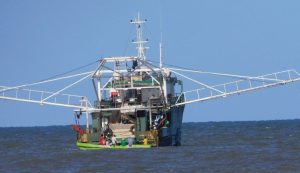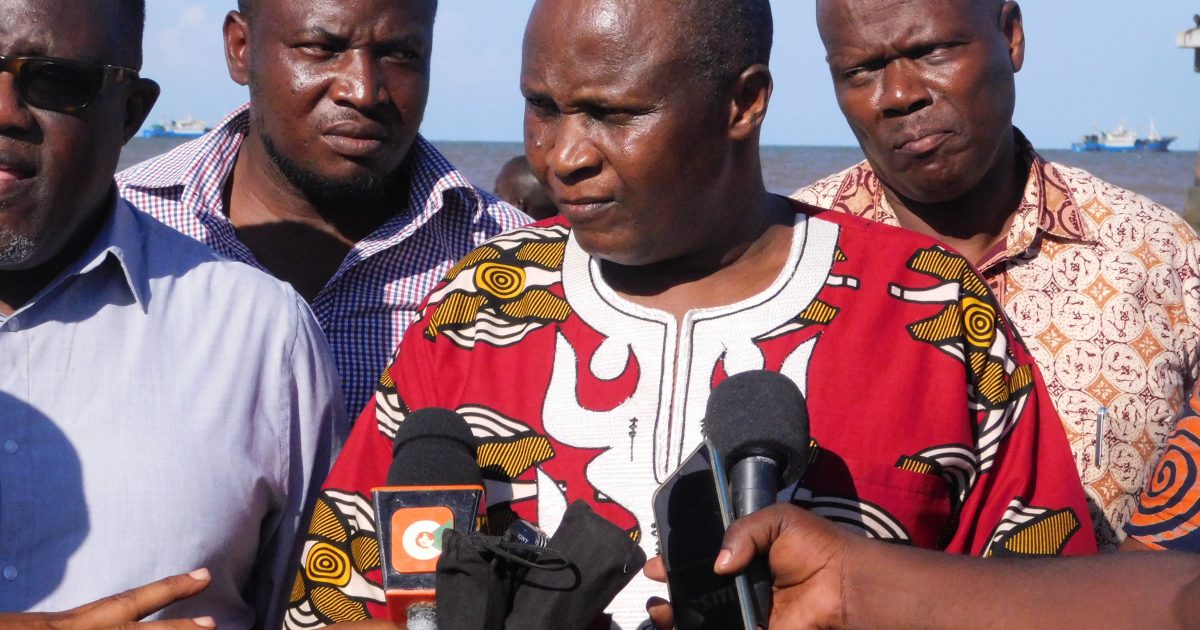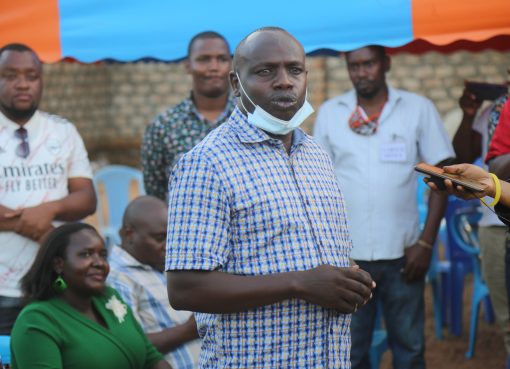
All fish caught in Kenyan territorial waters must be landed in gazetted landing sites, the Fisheries Principal Secretary (PS), Micheni Ntiba has directed.
Prof. Ntiba at the same time, directed all Beach Management Units (BMUs) to keep manifests of all fishers venturing into the deep sea for accountability purposes.
He said it was illegal for fishers to land their fish haul in undesignated landing sites and that those flouting the regulation would suffer legal consequences.
Speaking at the Shella Beach in Malindi Town on Tuesday where he flagged off 100 fishermen who had undergone training on deep sea fishing, Prof. Ntiba said the government was planning to turn all fish landing sites into border control points where marine information would be shared.
“If we land fish anywhere, we will not be able to know the potential of the fisheries we have and other people will think that our sea has no fish,” he said.
Prof. Ntiba said the government had embarked on an aggressive programme to repossess all grabbed fish landing sites with a view to developing them into fisheries towns.
“The country has a host of fish landing sites along the Kenyan Coast, many of which have unfortunately been grabbed over the years, but the government has embarked on a programme to repossess them,” he said.
He said the Kenya Fisheries Service had already mapped all landing sites in Kwale County and submitted a report which would be used to repossess all the landing sites in private hands.
“Recently, we mapped the entire coastline in Kilifi County and we shall soon be going to Tana River, Lamu and Mombasa Counties to finalize the process in readiness for the acquisition of the landing sites,” he said.
The PS said landing sites were important since apart from delivering the fisheries function, they act as border control points that can be used to share information in activities in the sea as well as control the quality of fisheries that pass through them.
“The importance of fish landing sites is beyond the fishers, because they are able to control what happens in the adjacent territorial waters, which extend to more than 200 nautical miles (about 400 kilometres) from the sea shore,” he said.
Prof. Ntiba said the government had embarked on a programme to develop all fish landing sites and make them economic cities served by tarmac roads, portable water and electricity.
“We will build them in such a manner that they will have cold-storage facilities and other modern fisheries services. We can also use the sites to collect data on fisheries so we can determine the potential of our marine resources,” he said.
The PS directed the leadership of Beach Management Units (BMUs) to keep all data concerning fishers venturing into the sea to ensure they are accounted for in case of a marine mishap.
“We must have a manifest of all fishers venturing into the sea just like airlines, ports and airports keep manifests of all their travellers, the vessels or vehicles they went out with and the time of departure,” he said.
His directive follows an incident in which four fishermen claimed to have been stranded in the open sea for seventeen days between December 9 and 25, 2019.
He said this would not have happened had the respective BMUs been informed of the fishers venture into the sea.
“BMUs are recognized in law and therefore they must keep records of all fishers venturing into the sea, and the fishers must report to the BMU leadership when they return,” he said.
This, he said, would prevent the recurrence of the incident, in which the stranded fishers claimed the Kenya Navy refused to rescue them when they were being driven by heavy winds into far deep sea.
“By doing this, we shall be professionalizing the management of fisheries and the blue economy, because it is about people,” he said.
By Emmanuel Masha




